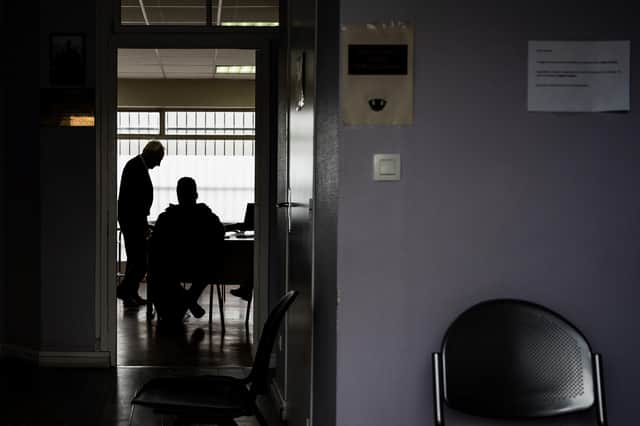LEGAL EAGLE: What to do when a relative is sectioned under the Mental Health Act


When someone is ‘sectioned’, this means that they are detained under the Mental Health Act 1983 (MHA). It usually refers to the person being required to stay in hospital for a period of either 28 days for assessment (section 2), or a minimum of six months for medical treatment (section 3).
People can only be detained under the MHA if two doctors (one of whom is a specialist psychiatrist) and a social worker trained to deal with mental health work all agree they need to be detained in hospital, and there is no reasonable alternative.
Advertisement
Hide AdAdvertisement
Hide AdIf someone is in hospital under a section 2 or 3, the MHA gives certain rights to their nearest relative. As the nearest relative, you must be consulted before your relative is detained under a section 3, unless this would not be reasonably practicable, or it would cause unreasonable delay.
Being a nearest relative gives you certain powers under the MHA in relation to the detention in hospital. If your relative is under section 2 or section 3 of the MHA, then you can object. You can do so by ordering discharge of your relative’s section by giving the hospital managers 72 hours’ notice in writing of your intention to discharge the section.
Your relative’s responsible clinician (RC) will have to decide within the 72-hour notice period whether to allow you to order the discharge or to bar you from doing so. If the RC issues a barring order then the hospital managers will decide whether you should be allowed to discharge the section, they will usually hold a hearing to consider this.
If your relative is under a section 3 and your order of discharge is barred, then you will have the right to appeal to the Mental Health Tribunal. Legal aid is available for appeals to the tribunal on a non-means tested basis.If it is decided you have ordered your relative’s discharge without due regard to their welfare or to the interests of the public, then an application could be made to the court. This could be to have you removed from the Nearest Relative Role and replaced with someone else.
Advertisement
Hide AdAdvertisement
Hide AdIf the RC does not issue a barring order, then the section will be discharged after the 72-hour notice period comes to an end.
Ben Hoare Bell LLP has specialists to help. Contact us on 0191 565 3112 or email [email protected]. Visit www.benhoarebell.co.uk for more.